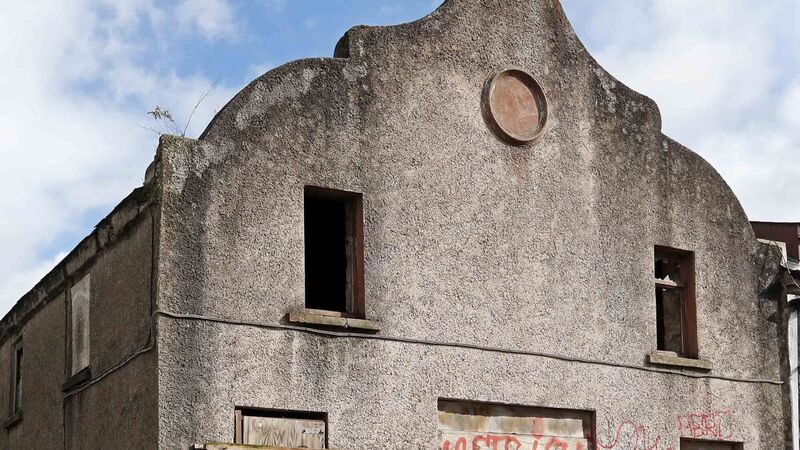Irish Examiner review: New approach needed on Revival Road

A derelict building in Blackpool in Cork.
Housing, so we are told every day, is one of the two most pressing problems occupying the citizens of this State. The other is the cost of living which may, or may not, be a transient issue depending on the degree to which you place your faith in politicians and the forecasts of the European Central Bank.
But homes, both for purchase, and which are affordably rentable, are a dilemma that successive governments have not been able to resolve.













